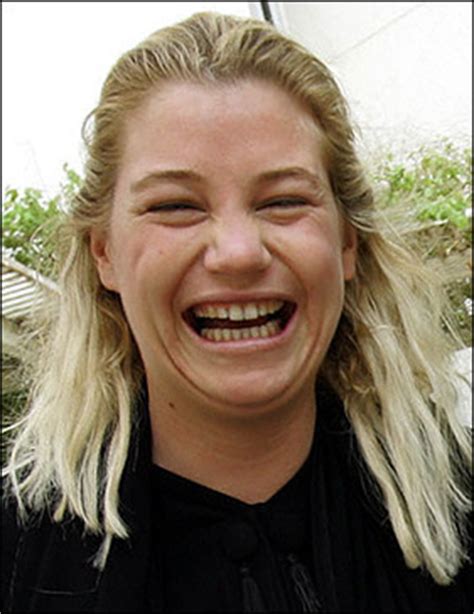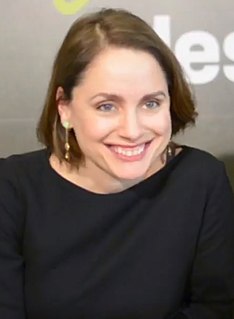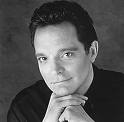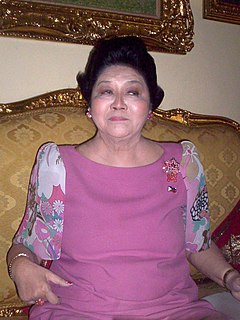A Quote by Marla Ruzicka
We learned that we could move others to take action...Even though we couldn't stop the war, I discovered that I could be involved in the movement for peace and justice. From that day on I knew that I was going to be committed to working for change.
Related Quotes
You learned that it was easy frighteningly easy to get lost in someone else's life accommodating him and stop being yourself. You learned to be wary about falling in love. And you learned that someone who loved you could stop loving you for some dark reason and even though that was bruising you were more resilient than you knew. Eventually you would get over it more or less.
[P]olitical and social and scientific values ... should be correlated in some relation of movement that could be expressed in mathematics, nor did one care in the least that all the world said it could not be done, or that one knew not enough mathematics even to figure a formula beyond the schoolboy s=(1/2)gt2. If Kepler and Newton could take liberties with the sun and moon, an obscure person ... could take liberties with Congress, and venture to multiply its attraction into the square of its time. He had only to find a value, even infinitesimal, for its attraction.
I think that Eleanor Roosevelt really learned about the limits of power and influence from Arthurdale. She could not make some things happen. And she particularly learned that she could not, just because she was nominally in charge, she could not change people's hearts and minds; that a very long process of education would result before race was on the national agenda. And it really did move her into the racial justice arena with both feet. She came out fighting.
I was inspired by a question that kept repeating itself in my mind: Could I really change my life? I'd spent so many days, weeks, months, and years thinking about doing things with my life, and now I wanted to know, if I committed to a goal and woke up every single day working hard at it, could I change my life?
How then to enforce peace? Not by reason, certainly, nor by education. If a man could not look at the fact of peace and the fact of war and choose the former in preference to the latter, what additional argument could persuade him? What could be more eloquent as a condemnation of war than war itself? What tremendous feat of dialectic could carry with it a tenth the power of a single gutted ship with its ghastly cargo?
It's good to be aware that a certain amount of fear is going to accompany every change in your life - a change for the worse or a change for the better. Knowing this can stop you from moving into fear about Change Itself. If you start fearing change generically you could wind up shrinking from ever making any kind of change at all for the rest of your day - even a change that obviously should be made for your own good.
We are a feelingless people. If we could really feel, the pain would be so great that we would stop all the suffering. If we could feel that one person every six seconds dies of starvation ... we would stop it. ... If we could really feel it in the bowels, the groin, in the throat, in the breast, we would go into the streets and stop the war, stop slavery, stop the prisons, stop the killing, stop destruction.
I grew up in a family in which no male upstream from me had ever finished high school, much less gone to college. But I was taught that even though there was nothing I could do about what was behind me, I could change everything about what was in front of me. My working poor parents told me that I could do better.
Danger comes in many forms, I suppose. For some people, it might be jumping off a bridge or climbing impossible moutains. For others, it could be a tawdry love affair or telling off a mean-looking bus driver because he doesn't like to stop for noisy teenagers. It could be cheating at cards or eating a peanut even though you're allergic. For me, danger might be getting out from the protective cloak of my family and venturing into the world more of my own, even though I don't know what- or who- awaits me.
The education justice movement and the prison justice movement have been operating separately in many places as though they're in silos. But the reality is we're not going to provide meaningful education opportunities to poor kids, kids of color, until and unless we recognize that we're wasting trillions of dollars on a failed criminal justice system.

































